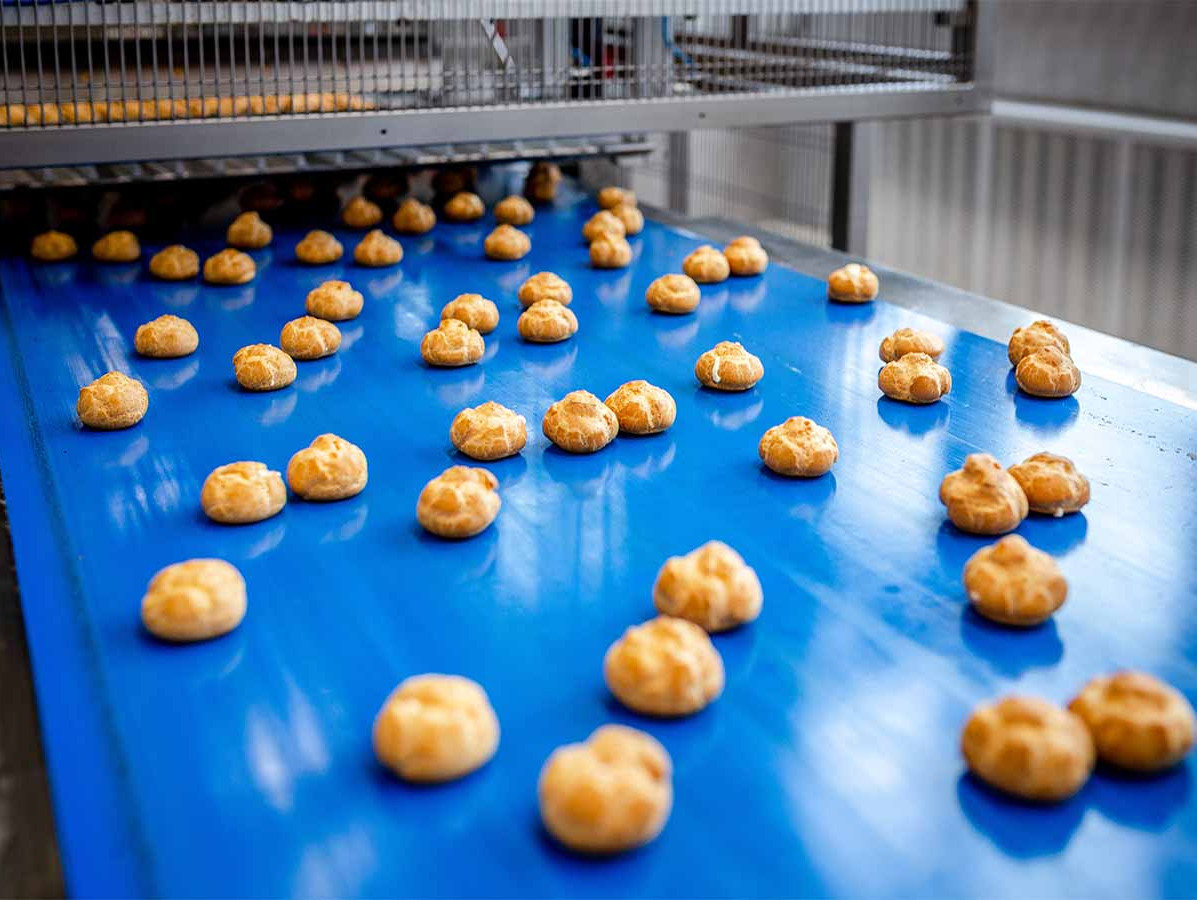
Food companies play a crucial role in achieving Dutch climate goals. According to the FNLI, climate and energy are the biggest challenges. Green power alone is insufficient to achieve climate neutrality.
Besides green power, we must also consider electrification of production processes, other sustainable energy sources and energy efficiency. Much waste heat is currently lost, which is a potential area for improvement. Food wholesalers can also contribute by investing in zero-emission distribution and sustainable refrigeration technologies and buildings.
There is a strong need to invest in sustainable energy solutions, such as reducing gas dependence and greening power consumption. Natural gas consumption in the sector is still dominant, with a share of more than 70%, the same as in 2019. However, there are still many gains to be made through energy efficiency, as evidenced by a 25% reduction in energy consumption in the bakery sector through the use of oven monitoring systems. Heat recovery technologies such as heat pumps can also help save energy and reduce gas consumption.
In 2021, the sector's greenhouse gas emissions were 4.2 billion kilograms. Despite a slight increase in production volume over the past three years, climate-neutral production should still be a major goal. The sector aims to halve emissions to 2 Mton by 2030.
Ceel Elemans, ING Sector Banker Food, emphasizes that investing in the energy transition is important for food companies. Sustainability policies should guide investment decisions. If an investment does not reduce the carbon footprint, perhaps it should be avoided. Investing in electrification or other energy sources is expensive, and electricity is currently more expensive than gas, but the energy transition is essential because of ongoing climate change.
Certain framework conditions are needed to facilitate long-term investments. The government should support this transition as much as possible, especially through subsidies. There is also work to be done to solve network congestion.
Source: ING